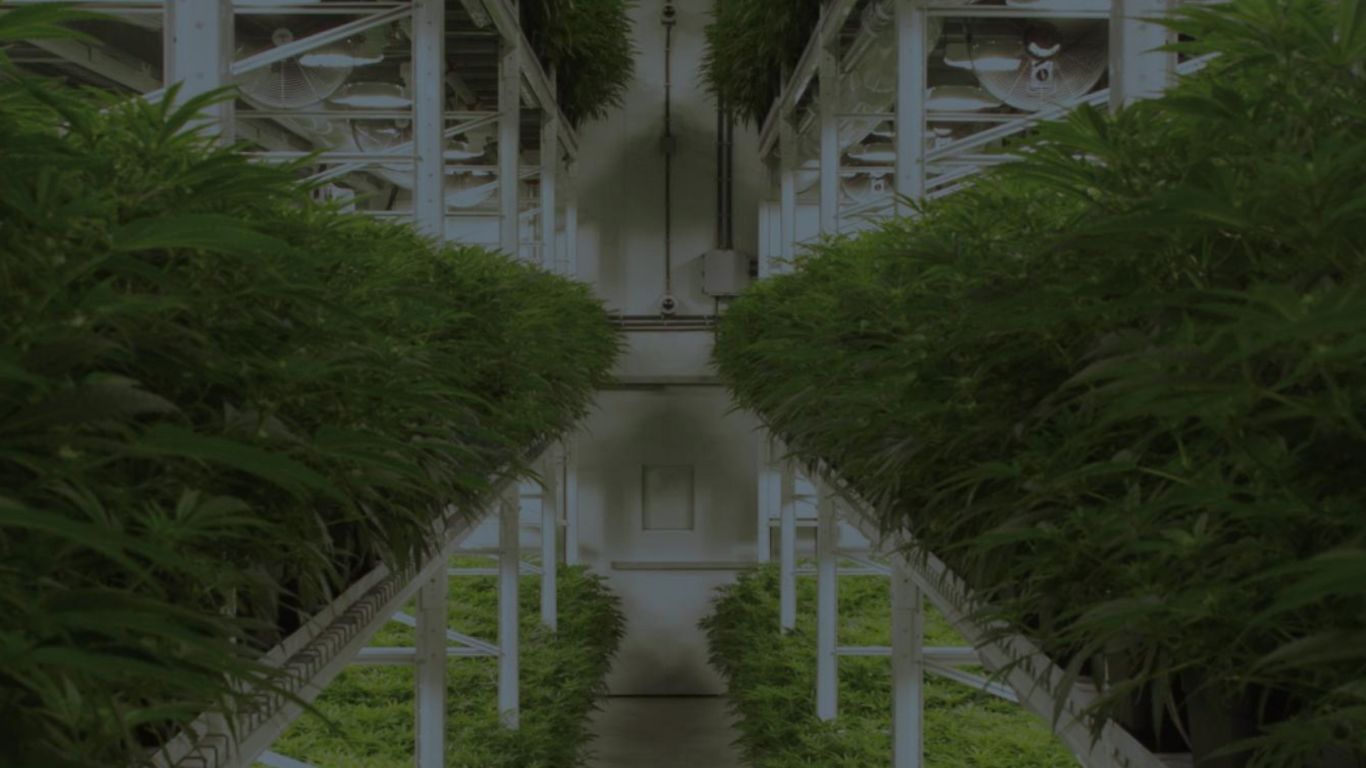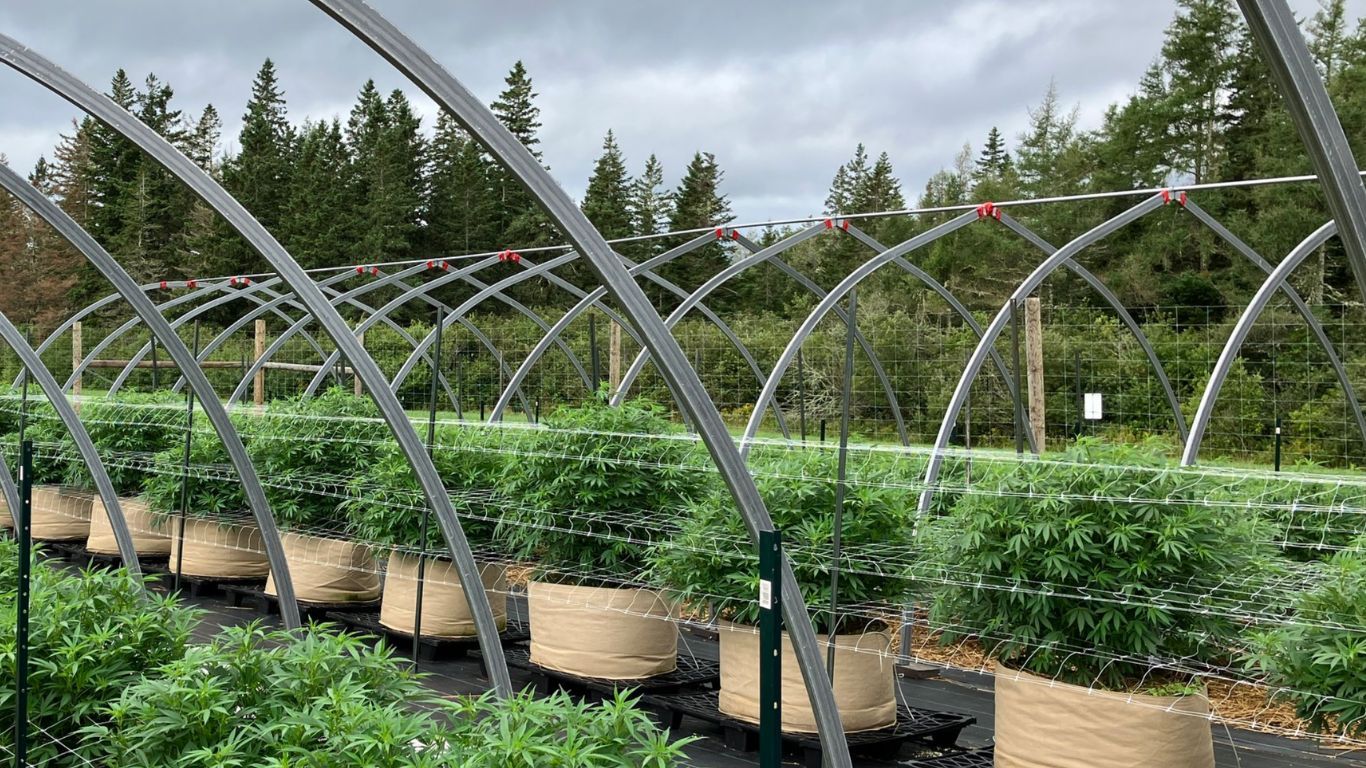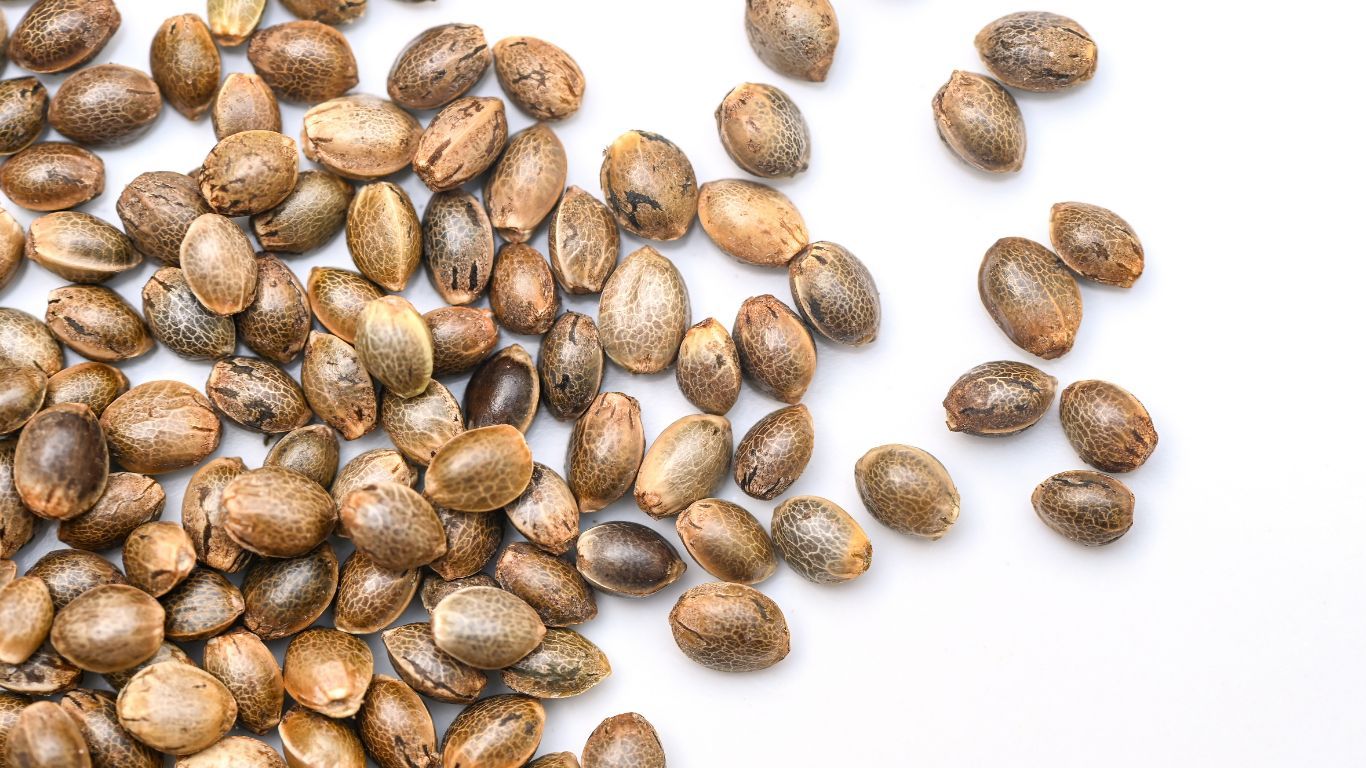
New Brunswick-based cannabis producer Organigram says its net revenue and margins decreased in the third quarter of 2023 due to the declining price of cannabis flower.
The company also blamed a higher cost of sales, THC inflation, and Health Canada no longer allowing the sale of “ingestible extracts.”
Organigram had previously produced and sold Edison JOLTS—a cannabis-infused lozenge sold in packages containing 100mg THC, ten times Health Canada’s allowed limit of 10mg THC per package. Health Canada issued a notice to cease sale and distribution of these kinds of products earlier this year.
Organigram has filed for a judicial review of Health Canada’s decision.
The company posted its third quarter results for 2023 on June 13, with net revenue down 14 percent to $32.8 million, from $38.1 million in Q3 2022.
Organigram’s cost of sales also increased to $32.3 million, from $29.4 million in the third quarter of the previous year, an increase of 10 percent.
The cannabis producer blames lower sales of its cannabis flower on “the increasingly common practice of THC-inflation” by “some licensed producers” which it says are taking part in lab shopping and selective sampling.
Citing data from High Tide’s “Cabannalytics” data program, Organigram says that the total number of SKUs in a large national retail chain of cannabis stores that were labelled as having 30% THC or higher increased ten-fold since last year, having a “profound impact” on the sales of their own cannabis flower.
Derrick West, Organigram’s Chief Financial Officer, says the company is working to increase their own THC levels to meet market demand.
“Our results for the third quarter of Fiscal 2023 were impacted by a reduction in sales in two of our higher margin categories of international sales and ingestible extracts,” said West in a company press release.
“Further, to address the impact of THC inflation, which forced us to adjust our pricing to remain competitive, we intentionally accelerated adjustments to growing conditions to increase whole flower THC levels to meet consumer demand. This temporarily reduced our flower yields, negatively impacting our margins on all flower categories.”
Despite these concerns, Organigram’s recreational net revenue was $92.5 million for the nine months ended May 31, 2023, an increase of $8 million over the same prior-year period. International sales for the first nine months of fiscal 2023 were also up considerably, nearly doubling from $9.5 million in 2022 to $18.4 million.
Image via organigram.com











